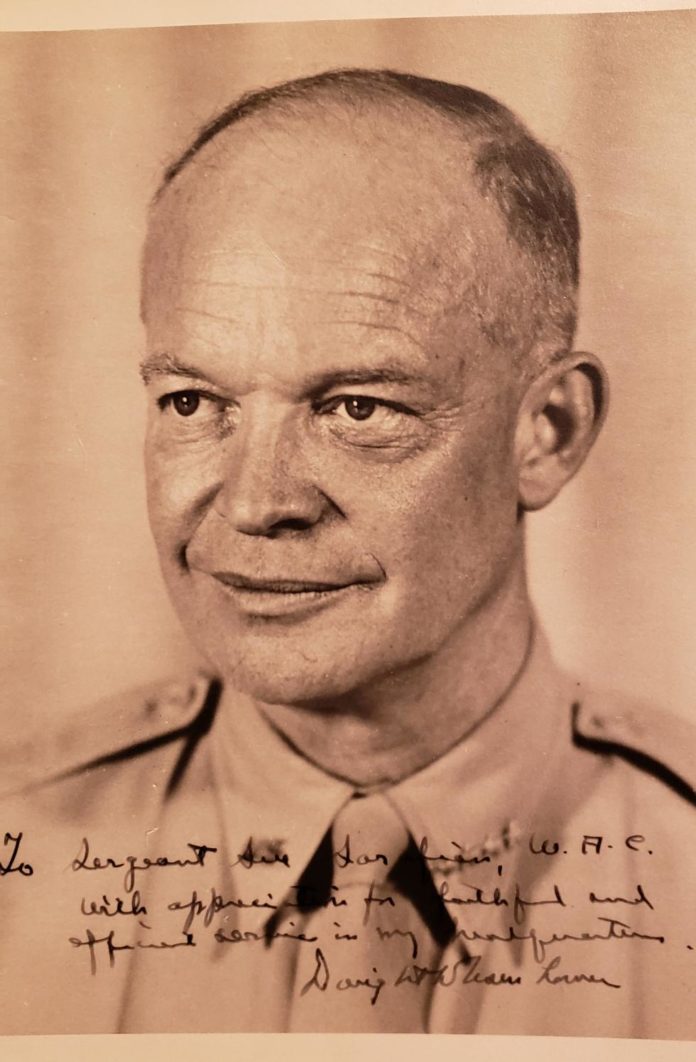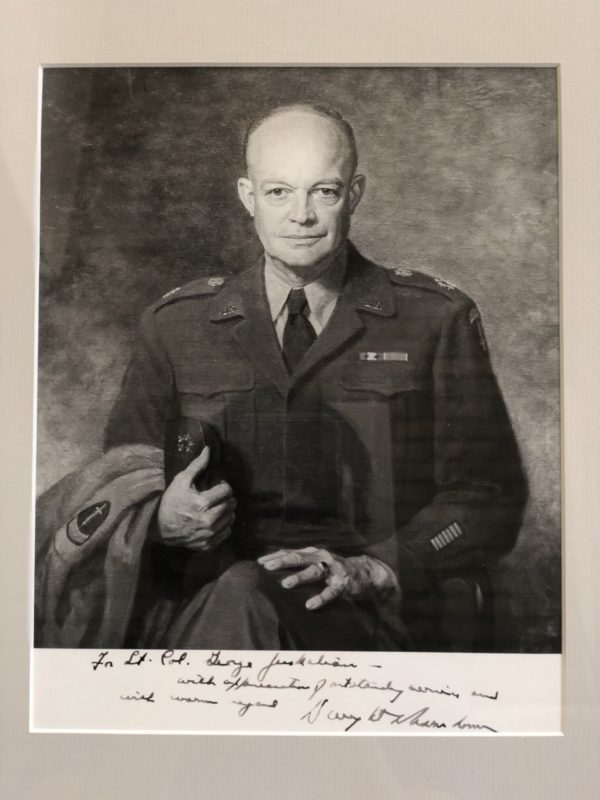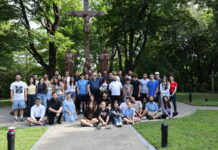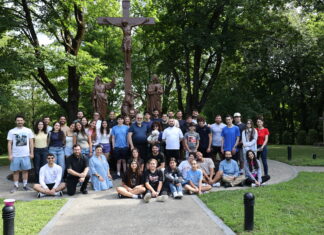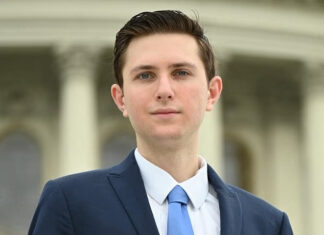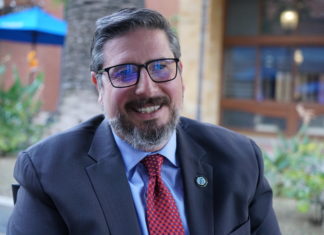WASHINGTON – On May 7, 1945, a US Army Air Force (USAAF) pilot, Roland Jehl flew the Nazi High Command to Reims, France, where they signed the Surrender Act, which officially concluded the war in Europe. General Dwight Eisenhower’s naval aide, Captain Harry Butcher, later wrote about this historic day in his book Three Years with Eisenhower: “Shortly after five o’clock I saw Sergeants Chick and Sarafin [sic] were craning their necks out of the window, and, sure enough, the Germans were arriving.” The person Captain Butcher referred to as “Sarafin” was Sue Sarafian, the personal secretary for the Supreme Allied Commander General Dwight Eisenhower between 1943-47. “He always misspelled my name,” added Sarafian in the oral history interview conducted by the Eisenhower Library researcher in 1991, referring to the misspelling of the “ian” Armenian suffix of her last name in Butcher’s book. Pilot Roland Jehl and Sue Sarafian married later, after which she became Sarafian-Jehl and retired from the US Army in 1947.
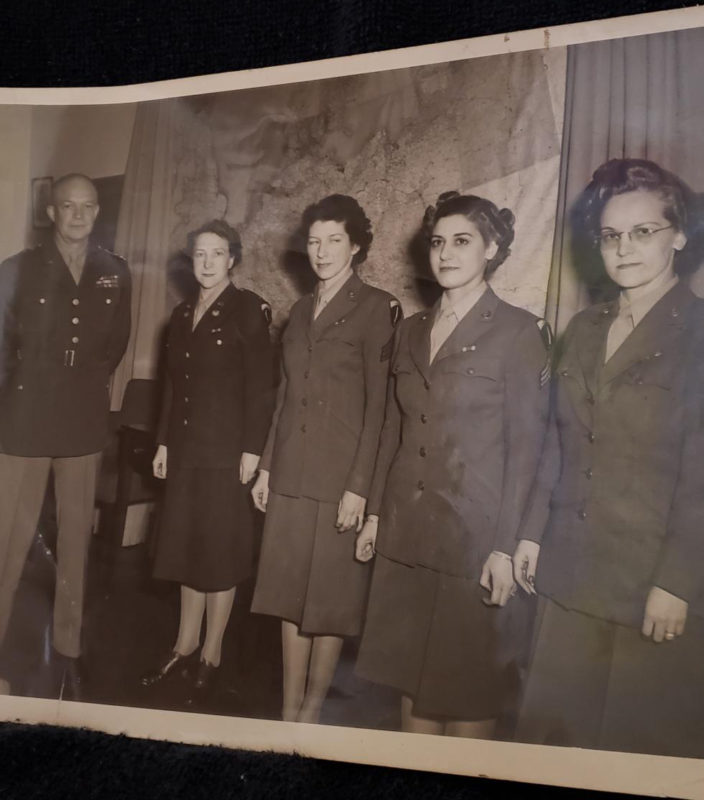
Sergeant Sue Sarafian was the only secretary that Gen. Eisenhower took with him back to the War Department after World War II. “Here, he promoted her to 2nd Lieutenant and trusted her to write down his dictation and transcribe his words in the famous book Crusade in Europe. Roland and Patty Jehl, the children of Sue Sarafian, texted back to respond to this author’s inquiry.
Sue Sarafian’s parents were born in in Keghi, Kharpert, in Western Armenia. Surviving the genocide of 1915, they, as thousands of other Armenians reeling from the trauma of the genocide, found refuge in America. In 1917 Sue was born in Malden, MA and was two years old when the family relocated to Detroit, MI.
In 1942, Sarafian joined the Women’s Auxiliary Armed Corps (WAAC) and is known as one of most successful WAAC officers of World War II. What is less known, however, is that before joining WAAC, she was a member of the Armenian Youth Federation (AYF): an American-Armenian community version of the American scouting organization, which is where Sue first received her first taste of a physical training regime.
“When the war started, I came from a family of five girls, no boys, and I was the oldest, and my reason for enlisting was true patriotism,” Sarafian said in the oral history interview. Sue joined Gen. Eisenhower’s staff in 1943 and later moved with the general to London.
Like Sarafian, radio operator Greg Melikian was also in Reims, France, in May of 1945. When the Nazi generals handed the official document of surrender to General Eisenhower, he ordered Sergeant Melikian to cable the cheerful and historic news to Washington, D.C. On September 2, Melikian was present at the ceremony of designating Wilmington, NC as the first American World War II Heritage City, attended also by the US president. Donald Trump recognized the presence and the incredible experience of Melikian in his official speech: “When Greg was 20 years old, he served as a radio operator in the headquarters of Supreme Allied Commander General Dwight D. Eisenhower. Oh, I’d loved to have heard some of those conversations,” Trump said.



